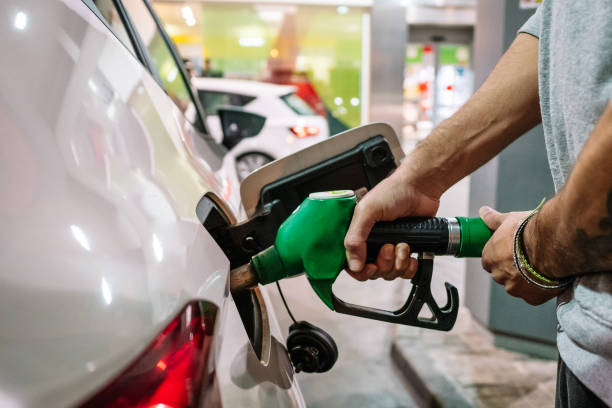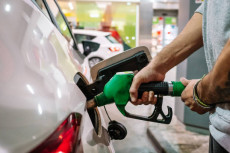- A new maximum retail price for petroleum products in Kenya has been set by the Energy and Petroleum Regulatory Authority (EPRA). This price shift will take effect from August 15 to September 14, 2025. Super Petrol and Kerosene prices are decreasing , but Diesel prices are remains unchanged. These adjustments are a reflection of movements in the global market.
EPRA Slashes Petrol and Kerosene Prices in Latest Fuel Review
15 Aug, 2025 05:09 PM

Kenya’s Energy and Petroleum Regulatory Authority (EPRA) has announced new maximum retail prices for petroleum products, effective from August 15 to September 14, 2025.
Super Petrol now sells at KSh 185.31 per litre, Diesel: KSh 171.58 per litre and Kerosene: KSh 155.58 per litre. The changes bring a slight relief to consumers, with Super Petrol and Kerosene prices decreasing by Kshs. 1.00 per litre, while Diesel prices remain unchanged.
These adjustments are based on shifts in the global market, particularly the landed cost—the price of fuel upon arrival at the port of Mombasa before taxes, levies, and margins are added.
The landed cost for Super Petrol dropped by 0.73%, falling from US$628.30 per cubic meter in June to US$623.71 in July, prompting EPRA to pass on the savings to consumers.
Kerosene, despite a 3.20% increase in landed cost—from US$608.54 to US$628.02—has seen a modest retail price increase of KSh 1.00 per litre, a move EPRA says is meant to cushion households that rely on it for energy. Diesel’s landed cost rose by 3.08%, from US$616.59 to US$635.58 per cubic meter, but EPRA opted to keep its retail price unchanged.
These price revisions are made in accordance with the Petroleum Act, 2019 and Legal Notice No. 192 of 2022, which provide the legal framework for petroleum pricing in Kenya.
According to EPRA Director General Daniel Kiptoo Bargoria, the purpose of the regulation is to cap retail prices of petroleum products that are readily available in the country, ensuring that importation and other prudently incurred costs are recovered while maintaining reasonable prices for consumers.
“The announced prices also factor in the 16% Value Added Tax (VAT), which has been a point of contention following the Finance Act, 2023, the Tax Laws (Amendment) Act, 2024, and inflation-adjusted excise duty rates outlined in Legal Notice No. 194 of 2020,” he said.


-1755243775-md.jpg)
-1755238973-md.jpg)

-1755164680-md.jpg)


-1755243775-sm.jpg)
-1755238973-sm.jpg)

-1755164680-sm.jpg)